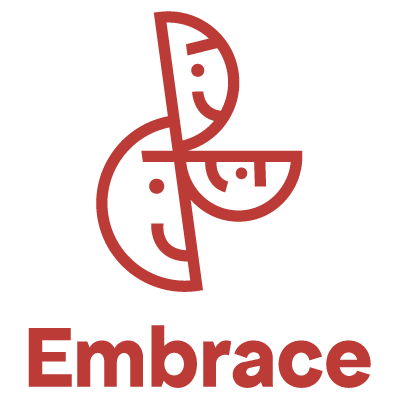Co-projecting workshops: how did they go?
Over the last months, newcomers and decision-makers gathered to imagine together new ideas to be turned into possible integration policies. The co-projecting workshops, the core activity of the whole project, took place in 11 territories, across 6 European countries and involved more than 100 people between newcomers and decision makers. They worked together to explore a wide range of topics, trying to build prototypes of possible solutions. The workshops, led by local trainers, were based on Participatory Policy Design, a methodology learnt during the previous study visit in Lisbon, with the support of the portuguese partner ComParte and GenteLab.
In France, the sessions dealt with 5 topics – access to information and rights, feeling Integrated, prejudices, participating meaningfully, feeling Legitimate. The prototyped solution focused on participation and integration within the Municipality. In Greece, the participants discussed the following subjects: access to information, relationship building, language and education, the prototyped solution focused on promoting a more humanizing communication between newcomers and local decision-makers. In Slovenia, the topics were: education and work, language, housing, documentation, acceptance in society, prejudices, while the solutions were related to language-exchange and simplifying and speeding up bureaucracy. In Italy, the sessions touched upon school, participation, services, language, relationship with the community, housing, reception system and prejudices. The solutions focused on creating new spaces for interactions between newcomers, decision-makers and local community and on setting up a digital platform to improve access to personalized services. In Portugal, the groups talked about language, housing and relationship with the hosting community; the prototypes focused on improving interactions with the local community.
By creating safe and creative spaces for newcomers and local actors to collaborate together on an equal ground, both parties have succeeded to create better solutions that reflect the needs and realities of the territory. During the workshop, it came out that newcomers started to put more trust in official institutions while local actors were really looking forward to involving the newcomers to improve their practices and solutions for their cities.
It is important to note that systemic changes take place gradually, but the first step is to identify issues and find solutions through effective communication. It was evident through this process that the opportunity for individuals from both groups to build relationships was valuable in promoting caring and human interactions. Even if not all the ideas will be implemented, the participatory process proved to be beneficial as collaboration and trust created can pave the way for future activities and be integrated in professional practices.
“The project will help for things to materialize. It acts as a first step on how migrants can cooperate with frontline workers and decision makers. From there, this can go even further and better the communication between all parties”, said Artemis Seliou, a Greek frontline worker in the migration field. “I really think the next step of Embrace is to implement some of the solutions we have discussed, in any form, perhaps now working on small, daily solutions”, she added.
“What is at stake, for civil servants, is to switch from a humanitarian to a user perspective. Instinctively, we want to help newcomers as children in need, or we see them as mere numbers to be managed. They are human people, and we need to acknowledge this in every step of our action. This may seem very trivial, however, this is a very common challenge we face every day. Embrace helped me to have tools to struggle against such representations and to better involve newcomers”, shares Jean-Baptiste Pointel, a decision-maker from France.
“The project provided the opportunity to engage directly with decision makers in order to start a conversation based on mutual listening and exchange, creating a space for finding shared solutions to the different issues. This is a great value, as the chances to talk directly with political representatives are not that high”, said Emna Kazari, a newcomer from Italy.
